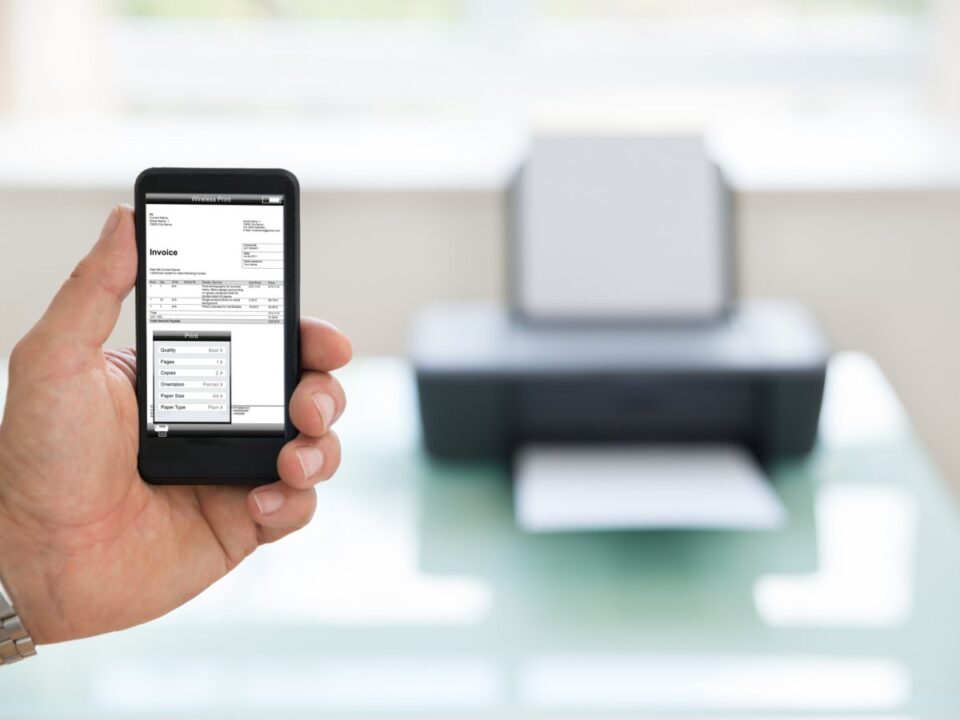
How Vendor Managed Inventory (VMI) Strengthens Supply Chain Resilience and Collaboration
To optimize inventory management, retailers and suppliers are increasingly turning to Vendor Managed Inventory (VMI) tools that transfer the responsibility…
Bona: Building Operational Excellence with Solochain WMS Read the use case

As a first check off your list, it is very important to look at a company’s general standing in the industry. To do this: evaluate your overall impression of the provider, look at how they promote themselves in terms of leadership, delve into their IT, business, and compliance expertise, and, finally, look at how involved they actually are in the market.
How many longstanding clients does a company have and can they provide case studies and contactable references? How does their global interconnection look and what is the interoperability policy? Verify company success stories, and see if they are capable of providing global coverage.
It is important to choose a provider who is invested in their product, and who is going to stick around for the long term. No one wants to invest in a solution that becomes obsolete in less time than it takes to get a ROI! Look into the company’s financial health and how much importance they give to their e-invoicing solution.
If you are going to invest in a new solution, you need to be sure that the product can adapt to a growing business. Can it be integrated into a multi-channel platform? Can it adapt to your business’ processes and flow? Can you make the most of all of the available functionalities and does it, therefore, create business value for you?
In addition to providing digital confidence, your new e-invoicing solution must also comply with existing digital safe requirements, as well as provide an accepted quality certification. Due to major changes in the processing of electronic documentation in many countries, you want to be sure that your product complies with the law.
Always check to see if a company provides a maintenance and support contract, and that you have a dedicated support team who understands your setup and can easily help with any updates or issues.
A great provider will work closely with you on a detailed deployment roll-out plan, as well as ensure that all necessary training methodology and enrolment platforms are made available.
International coverage should be a must for all e-invoicing solutions and every provider should be able to show how their system can be integrated within a multi-channel and global business. You should also check up on international certifications. Ideally, you should also be able to refer to case studies of clients with a similar business setup to your own.
How available will a provider be during business hours and outside of business hours? Will they take care of system changes and updates, as well as maintenance? Will they provide risk management services?
It’s always good to review a company’s SaaS capabilities and their capacity to integrate with other solutions. Do they offer other products that work seamlessly together via one platform? Will their solution stand the test of time?
A good e-invoicing provider should be able to draft up a sturdy contract that covers the SLAs agreed upon, any support and maintenance agreements, as well as pricing structures. It is also important to have a complete cancellation policy in place that works for both parties.
This last requirement is probably the one that will make or break an agreement. It is always necessary to review what a company’s pricing levels are, and to ensure that the pricing structure is clear, and that billing procedures can manage peak and off-peak times of business. The beauty of SaaS solutions is that they can be billed on usage, something that many businesses should take advantage of.
Changing e-invoicing providers is not a small matter, and these criteria will ultimately help guarantee the right choice for your business. It is important to remember how fast the market is moving, and that your business and software need to be able to adapt to these constant changes over time.
For more information on how the e-invoicing market is evolving, you can check out OUR PREVIOUS ARTICLE ON THE SUBJECT. You can also read our article on the 8 GOOD REASONS THAT SHOULD COMPEL YOU TO CHANGE E-INVOICING PROVIDERS.

To optimize inventory management, retailers and suppliers are increasingly turning to Vendor Managed Inventory (VMI) tools that transfer the responsibility…

In an ever-evolving logistics environment, agile and precise warehouse resource management is essential to remain competitive. With increasing volumes driven…

France’s electronic invoicing reform relies on a Y-architecture, where Partner Dematerialization Providers (PDPs) play a central role in issuing and…

Work with our team to build your ideal supply chain software stack and tailor it to your unique business needs.